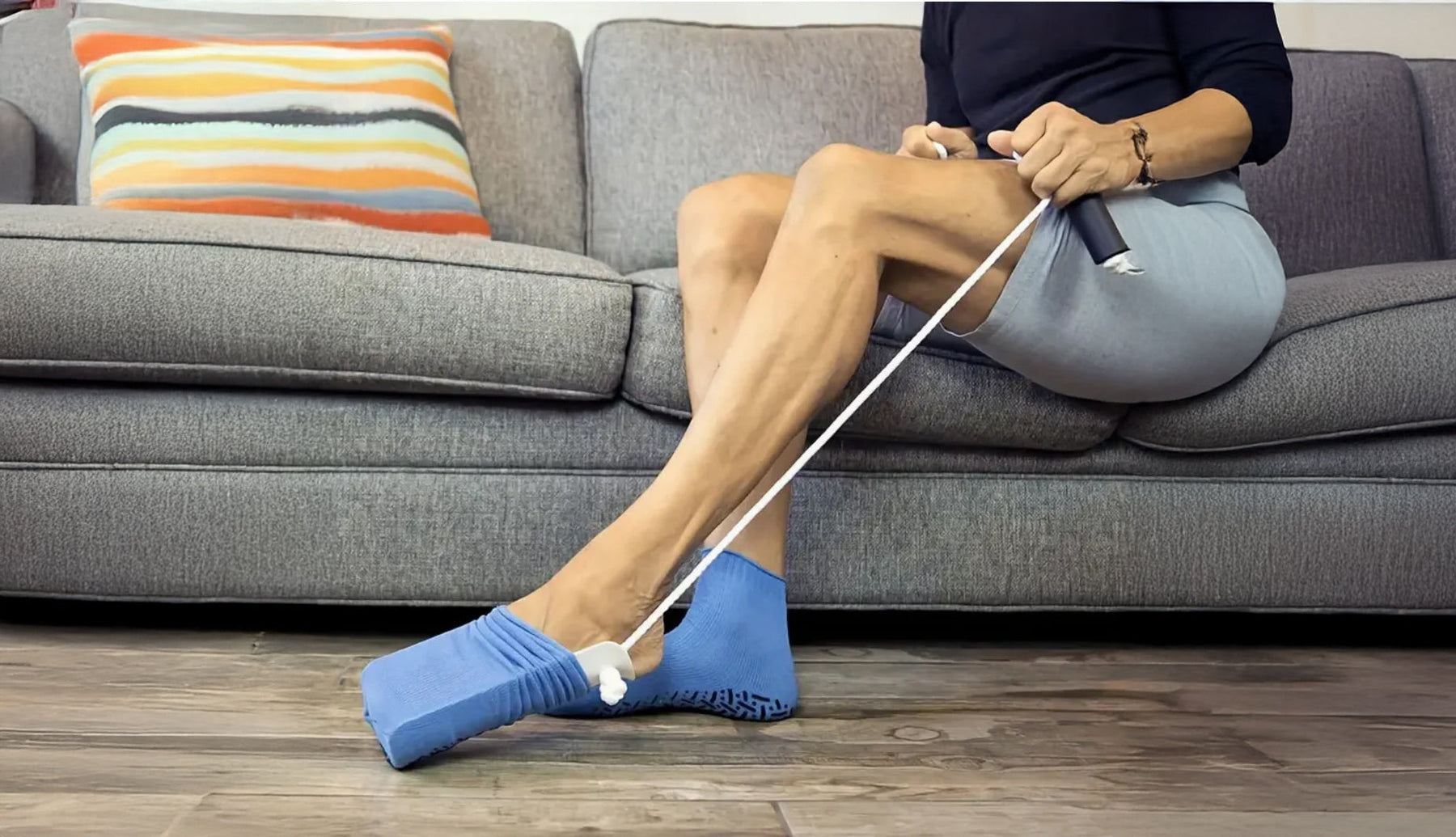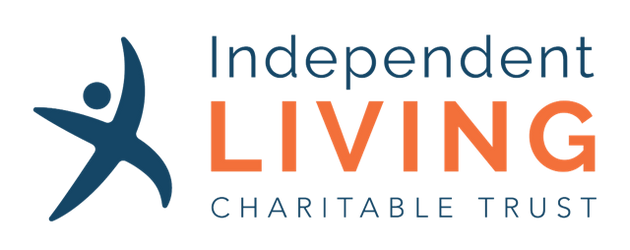
Daily Living and Dressing Aids Buyer's Guide
For many of us, maintaining independence with daily routines like dressing, grooming, and general self-care can become more difficult with age, injury, or disability.
Fortunately, the wide range of adaptive tools and aids can make these everyday tasks more manageable, safer, and more comfortable for both users and caregivers.
This guide explains daily living and dressing aids, what to consider when selecting products, types of aids available, some trusted product solutions – as well as possible funding sources and other support.
Who Can Benefit from Daily Living & Dressing Aids?
These aids are especially helpful for individuals who:
- Have arthritis, tremors, or limited range of motion
- Are recovering from surgery, injury, or illness
- Have limited hand strength, coordination, or mobility
- Live with a neurological condition (e.g., stroke, MS, Parkinson’s)
- Are ageing and want to maintain their independence at home
These tools support dignity and self-sufficiency, and could reduce the physical strain on caregivers or even remove the need for their help with some tasks.

Things to Consider When Choosing Daily Living Aids
1. Level of Mobility and Dexterity
a) Does the user struggle with bending, reaching, or gripping small items?
b) Is one-handed use required?
2. Safety & Stability
a) Does the product reduce the risk of slips, falls, or overexertion?
3. Ease of Use
a) Is it easy to operate, even with limited strength or cognitive ability?
4. Comfort & Dignity
a) Will the aid empower the user to feel more confident and independent?
5. Cleaning & Maintenance
a) Are the materials hygienic and easy to clean?
6. Budget
a) Consider cost-effectiveness over time, particularly for reusable items.
Types of Daily Living and Dressing Aids
Browse the full collection at:
1. Dressing Aids

-
Sock and Stocking Aids – Helps individuals to put on socks without bending and over reaching.

-
Dressing Sticks – Helps an individual to guide sleeves or trousers into place hopefully without needing additional help.

-
Button Hooks and Zipper Pulls – Useful for those with arthritis or fine motor challenges.

-
Long-Handled Shoe Horns – Prevents risking lower back strain while putting on and taking off shoes.
2. Grooming and Hygiene Aids
These aids offer the user increased dignity combined with safety, by allowing them to safely bathe and more easily clean them self.

-
Long-Handled Sponges & Brushes – Assist with washing any hard-to-reach areas, or wiping bottoms.

-
Toenail Clippers with Extended Handles – Offer safer trimming with better leverage.

-
Hair Washing Aids – Helpful for those with neck or back stiffness, such as Inflatable Shampoo Basins and long handled brushes and combs.

-
Non-Slip Mats & Shower Chairs – Provide extra stability during personal care routines.
Also check out our Bathroom Aids guide.
3. Reacher and Grabbers
Reachers are popular with all ages for their ease of use and protection from back bending – as well as useful to reach things that have fallen behind furniture or closing the curtains.

-
Reaching Aids – For picking up items from low surfaces without bending or straining.

-
Magnetic Tips or Locking Mechanisms – Help secure small or awkward items more easily.
![]() 4. Other Daily Living Essentials
4. Other Daily Living Essentials

-
Tap Turners – Help users turn stiff taps with ease.

-
Key Turners – Provide extra grip for locking doors.

-
Jar and Bottle Openers – Reduce strain on the hands and wrists.

-
Chair and Bed Risers – Make it easier to stand up safely.
Explore more options in the Daily Living Collection and Personal Care Collection.
Funding Options in New Zealand
You may be eligible for support with the cost of daily living aids through:
1. Ministry of Health (MSD)
a) Provides funding for equipment and personal care aids via Needs Assessment and Service Coordination (NASC).
b) More info: govt.nz health funding
2. ACC (Accident Compensation Corporation)
a) If your need is due to an accident, ACC may fund daily living aids as part of your recovery plan.
b) More info: acc.co.nz aids and equipment
3. Work and Income NZ (WINZ)
a) You may qualify for Disability Allowance for essential aids and appliances.
4. Community Support
a) Charities groups may offer additional small grants. www.firstport.co.nz/fund/financial-support/apply-disability-grants-scholarships
Need help understanding the process? Our team can assist with funding queries.
Tips for Making the Most of Your Aids
-
Involve an Occupational Therapist: They can recommend the best tools tailored to your specific needs.
-
Keep Essentials Within Reach: Use baskets, trays or a reaching stick, to avoid bending or stretching.
-
Stay Organised: Label drawers, keep aids close to where you use them, and store spares just in case.
Final Thoughts
Daily living should be just that – living. With the right supports in place, tasks like dressing, grooming, and maintaining your personal space can become easier, safer and more enjoyable. Even if you have limited abilities, there is a real sense of achievement when you can complete everyday tasks independently, and our range of aids for daily living can be used throughout the home to allow you to do what you need to do better.
View ‘aids for daily living and personal care’: www.ilsnz.org/collections/daily-living
We’re here to help
Choosing the right daily living or dressing aids for your own needs can truly improve your day-to-day comfort and independence. If you're unsure where to start, come and see us in-store, browse online, or speak with our friendly team. They are retrained to know what simple daily living equipment suits your specific needs.
Simply visit one of our stores www.ilsnz.org/pages/contact or call us on 0800 625 100
Our stores are open:
Monday-Friday: 9am to 5pm
Saturday: 9am to 4pm
